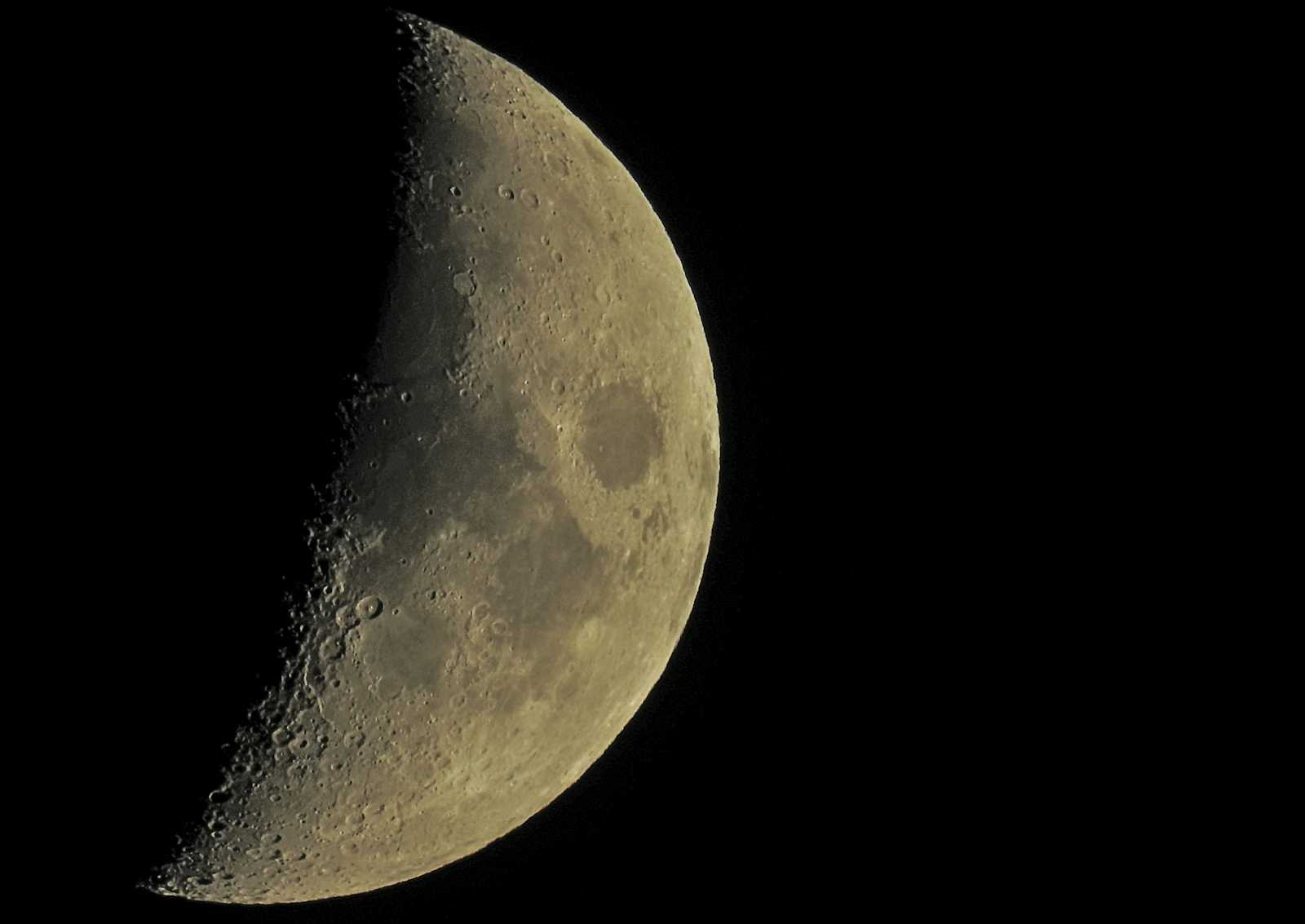What if the moon landing was revealed to be faked- but after humans colonized the moon?
 Ram Shankar Tripathi
Ram Shankar Tripathi
You’re in your lunar habitat, looking out at the grey, barren surface of the moon when the news breaks. The 1969 moon landing—the iconic moment that inspired generations—was faked. The government on Earth has confirmed it. Everything you’ve believed about that historic event, the one that sparked your dream of coming here, is suddenly called into question. It feels surreal, as though the ground beneath your feet has shifted.
Among the colonists, the reaction is mixed. Some are angry, feeling betrayed by the lie, while others argue that it doesn’t change the fact that humans made it to the moon in the end. Still, the revelation unsettles everyone. It’s hard to process how a lie could lead to something as real and monumental as living on the moon. You wonder how to reconcile your awe for space exploration with the knowledge that it started with deception.
You think of your father, who told you stories about watching the landing on TV as a child, eyes wide with wonder. That moment shaped him, filled him with hope for the future. What must he be feeling now? Probably a deep sense of disappointment. For him, and many from that generation, the fake landing is more than just a historical fact—it’s a blow to their memories, their sense of progress.
For younger people, the news might not hit as hard. They’ve grown up knowing that humans live on the moon, so the lie might feel like a footnote in history. They’re more focused on future milestones—Mars, deep space exploration—than on what happened decades ago. Still, it sparks conversations and questions about what else might not be as it seems.
In the end, you feel conflicted but grounded by one undeniable truth: you’re here. Humans did make it to the moon, even if the journey began with a false start. The dream that the fake landing symbolized grew into something real. The past may be flawed, but the future remains full of potential, and it’s up to humanity to keep pushing forward.
Subscribe to my newsletter
Read articles from Ram Shankar Tripathi directly inside your inbox. Subscribe to the newsletter, and don't miss out.
Written by
